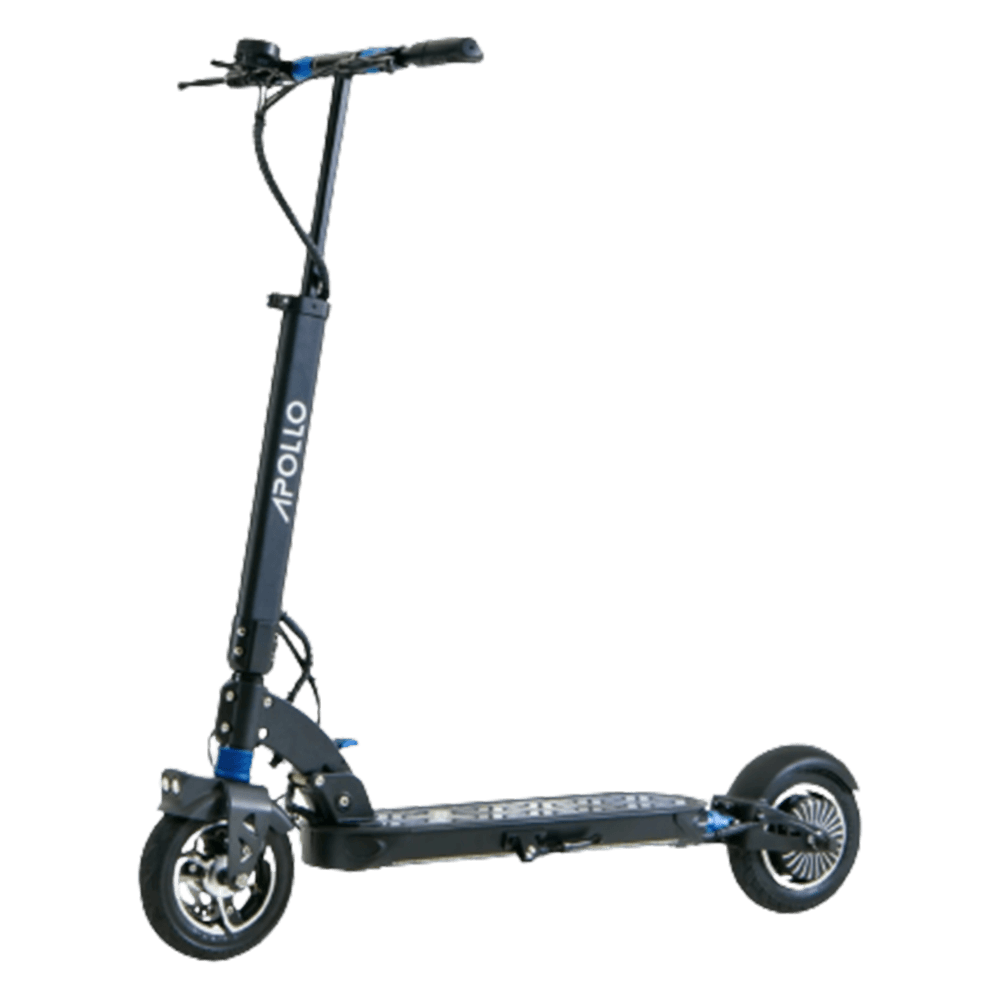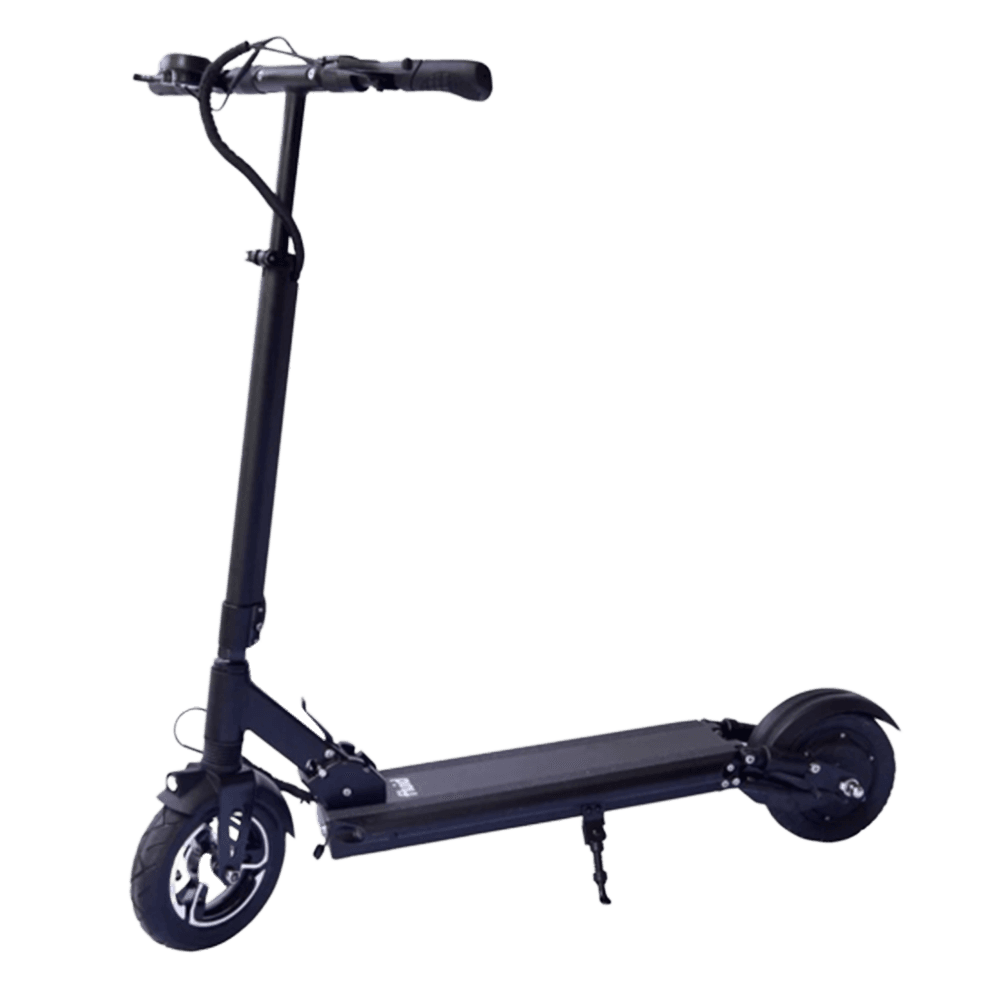Electric scooter comparison
Compare the Apollo City and the Fluid Freeride Horizon (13 Ah)
Review the specs, pricing, and rider-focused details for the Apollo City versus the Fluid Freeride Horizon (13 Ah). Every matchup is sourced from Levy's internal database so you can make a confident choice.

Scooter A
Apollo City
Range 17.9 mi • Top speed 28.6 mph
$949

Scooter B
Fluid Freeride Horizon (13 Ah)
Range 26 mi • Top speed 24 mph
$799
Specification breakdown
| Spec | Apollo City | Fluid Freeride Horizon (13 Ah) |
|---|---|---|
| Range (mi) | 17.9 mi | 26 mi |
| Top speed (mph) | 28.6 mph | 24 mph |
| Weight (lbs) | 42.5 lbs | 38.4 lbs |
| Motor power (W) | 600 W | 500 W |
| Battery capacity (Wh) | 634 Wh | 624 Wh |
| Brakes | Disc | Drum |
| Tires | Pneumatic | Mixed |
| Waterproof rating | IP54 | None |
| Suspension | Dual Spring | Dual Spring |
| Price (USD) | $949 | $799 |
Comparing the Apollo City and the Fluid Freeride Horizon (13 Ah) Electric Scooters
In the realm of electric scooters, both the Apollo City and Fluid Freeride Horizon (13 Ah) are notable models that offer reliable efficiency with unique features.
Starting with the Apollo City, this model has a max speed of 25 mph and a range of about 28 miles on a single charge. Its 600W motor and 48V, 13.2Ah battery deliver enough power to climb hills with gradients up to 15%. For suspension, Apollo City deploys both front and rear spring suspension which contributes to a smooth and comfortable ride irrespective of the quality of terrain. The scooter has an overall weight of 39 lbs, making it a somewhat lightweight option for people looking for portability.
On the other hand, the Fluid Freeride Horizon (13 Ah) leverages a slightly more potent 800W motor offering a top speed of 25 mph, and a range of 20 miles but it falls short in climbing abilities as it can only handle gradients of up to 10%. When it comes to suspension, this model offers a front spring and rear hydraulic suspension providing riders with a smooth experience. Weighing 40 lbs, the Horizon scoots just a tad heavier than its Apollo counterpart.
As for the braking system, the Apollo City utilizes both disc and regenerative electric brakes for dual safety while the Horizon makes the journey safe with its drum and regenerative brake system. Both scooters feature LCD display screens for telemetry, but the Horizon’s display is somewhat larger and easier to read.
The Fluid Freeride Horizon comes with an impressive IPX4 rating ensuring durability and resistance in wet conditions making it a solid choice for those residing in areas prone to rainfall. On the contrary, Apollo City does not come with a specified official IP rating.
Overall, both the Apollo City and the Fluid Freeride Horizon (13 Ah) electric scooters demonstrate great utility and performance. Your choice between the two ultimately boils down to your personal commuting needs and preferences.
Keep researching with Levy
Browse thousands more matchups or reach out to our team for personalized scooter advice.


